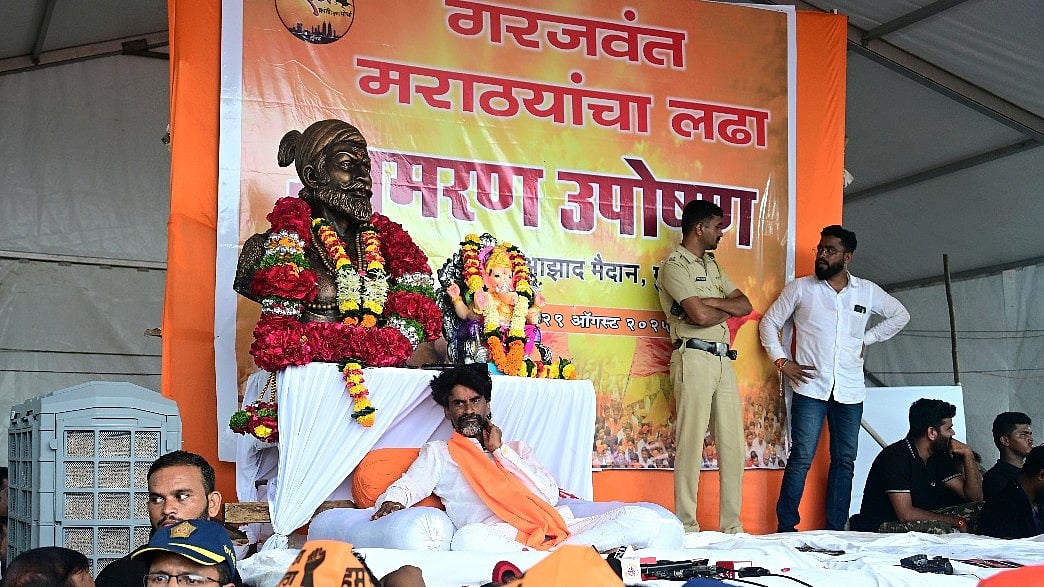Kerala’s political landscape was once defined by ideological battles. The Left and the Congress-led centre locked horns on policies and principles, while the Right sulked on the margins. Debates on land reforms, education, decentralisation and workers’ rights animated the public sphere.
Today, sadly, those discussions have been drowned out by the shrill noise of sex scandals. The shift is neither accidental nor trivial. Instead of focusing on development and governance, political parties now devote enormous energy to shielding their own accused while savaging rivals over even minor misdemeanours. The result is a toxic culture, where character assassination and moral policing substitute for real political contest.
The case of Palakkad MLA Rahul Mamkoottathil of the Congress is symptomatic. A film actor accused him of stalking, though without naming him or lodging a formal complaint. More damning was a leaked audio clip in which he allegedly coerces a woman to undergo an abortion, threatening dire consequences otherwise.
If proven true, such behaviour is indefensible, and his resignation as president of the youth congress was unavoidable. Yet, crucially, these charges remain unverified. However, that has not stopped the Kerala police from registering an FIR suo motu—an unusual show of haste, especially in a state where politically sensitive cases often languish.
Predictably, the BJP, smarting from its by-election defeat in Palakkad, has tried to weaponise the controversy. But it finds itself on the defensive after its senior district leader, C. Krishna Kumar, faced similar allegations, which he dismisses as a property-related vendetta. Ironically, his defence echoes Mamkoottathil’s own pleas of innocence.
Meanwhile, the rapper Vedan (Hirandas Murali) has secured anticipatory bail from the Kerala High Court in a case where a doctor accused him of repeated sexual assault. The court noted that he admitted to a relationship, and custodial interrogation was unnecessary.
His supporters point to political motives, arguing that his performances had begun to unsettle those in power with his biting parody. Sex scandals, whether fabricated or real, have long been used to settle political scores in Kerala.
The fall of Congress stalwart P.T. Chacko in the 1960s over a woman found in his car remains a cautionary tale. Likewise, Oommen Chandy was hounded by allegations many believe were orchestrated through bribery of a dubious complainant.
These episodes reveal how deeply political culture in the state thrives on titillation rather than the truth. The tragedy is two-fold: leaders’ careers are destroyed without due process, and the electorate is distracted from issues that truly matter.

Governance, development and ideology take a backseat to salacious gossip. Unless Kerala’s polity rediscovers its seriousness, the state risks reducing politics to a circus of scandal, with the public as unwilling spectators. The state deserves much better.










